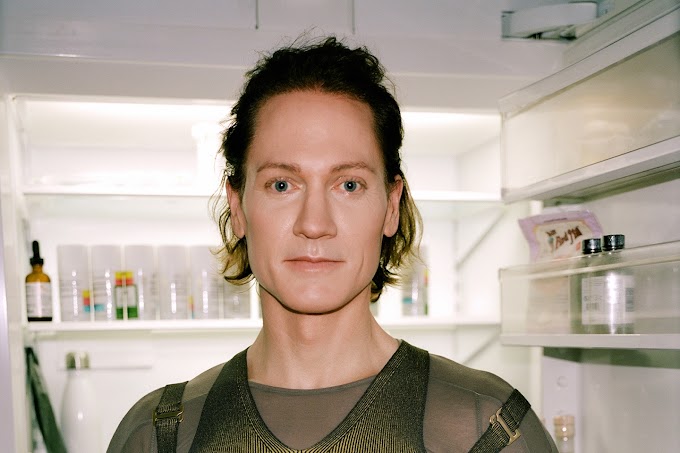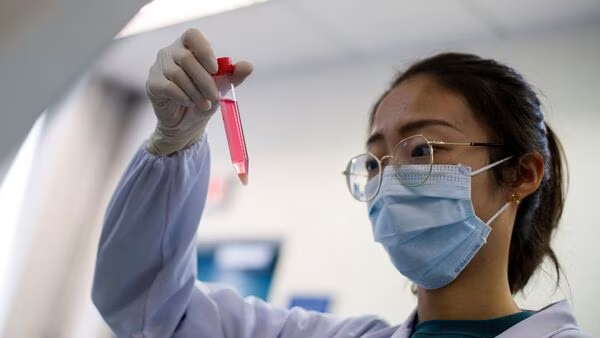Plastic pollution is a critical environmental issue. Traditional plastics, such as thermoplastic polyurethane (TPU), are used extensively in various products, from phone cases to automotive parts. However, these plastics are notoriously difficult to recycle and often end up in landfills or the natural environment, where they can persist for hundreds of years.
Self-Digesting Plastic
Researchers have developed a new type of plastic that includes built-in biodegradation capabilities. This innovation involves embedding bacterial spores into the plastic during its production. The key components of this new material are:
- Thermoplastic Polyurethane (TPU): A versatile plastic used in many products.
- Bacillus subtilis Bacterial Spores: A type of bacteria known for its ability to degrade plastic and survive in harsh conditions.
Engineering the Bacteria
One of the challenges was ensuring that the bacterial spores could survive the high temperatures required for plastic production. TPU is typically processed at temperatures around 135 degrees Celsius (275 degrees Fahrenheit). To achieve this, the researchers subjected the bacterial spores to repeated heat treatments, gradually increasing the temperature to acclimate the spores. This process enabled the bacteria to withstand the heat during the manufacturing process.
Mechanism of Biodegradation
Once the plastic is produced, the embedded bacterial spores remain dormant until they are activated by moisture and nutrients. Upon activation, the bacteria start to break down the plastic. This process is significant because it allows the plastic to degrade even in environments that lack other microbes, such as certain landfills or oceans.
Decomposition Rate and Effectiveness
In laboratory tests under ideal composting conditions, 90% of the new plastic material degraded within five months. This rapid degradation is promising, indicating that the plastic can break down much faster than traditional plastics. Even in less ideal conditions, there were signs of degradation, suggesting that the plastic could be effective in a variety of real-world environments.
Improved Mechanical Properties
In addition to biodegradability, the inclusion of bacterial spores also enhanced the mechanical properties of the plastic. The spores increased the plastic's tensile strength and stretchability by about 30%. This improvement is notable because it overcomes the typical trade-off between strength and flexibility in plastic materials.
Future Research and Applications
The research team, led by Jon Pokorski at UC San Diego, plans to explore several areas for future development:
- Safety and Environmental Impact: Ensuring that the bacteria left behind after the plastic degrades are harmless to the environment and human health.
- Diverse Plastic Combinations: Experimenting with different types of plastics and bacterial combinations to broaden the range of biodegradable materials.
- Scaling Up: Developing methods to produce this self-digesting plastic on a commercial scale.
- Alternatives to Fossil Fuels: Investigating ways to make plastics that do not rely on fossil fuels, further reducing the environmental footprint of plastic production.
This new self-digesting plastic represents a significant advancement in addressing plastic pollution. By embedding bacterial spores within the plastic, researchers have created a material that can biodegrade in various environments, without needing additional microbes. The enhanced mechanical properties and the potential for future developments make this technology a promising solution for reducing the environmental impact of plastic waste.
The findings were published in the journal Nature Communications, highlighting the importance and potential of this innovative approach to sustainable materials science.










0 Comments